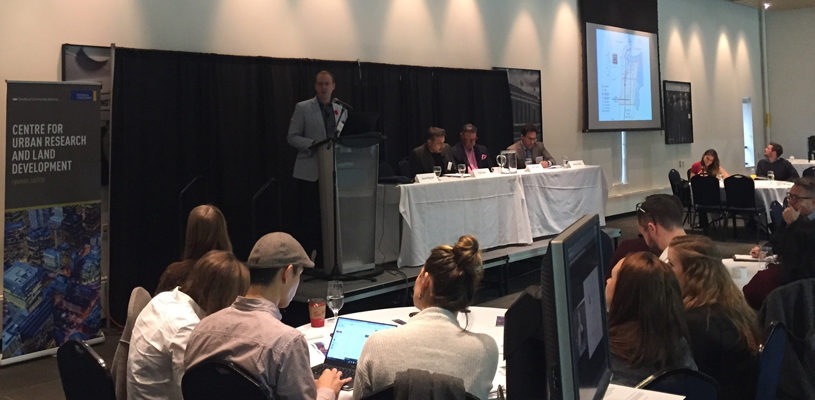The incivility continuum

Political incivility and what local governments can do.
Civic engagement is a topic that is gathering considerable attention these days. But, what happens when public “feedback” takes an ugly turn? With political opinions becoming more prominent and common, it is not surprising that political conversations sometimes become vitriolic and counterproductive.
Lawyer Kathleen Higgins, gave a presentation on this topic at this year’s conference of the Union of British Columbia Municipalities, held in Vancouver.
Higgins identifies five key questions regarding political incivility and what local governments need to do to address the situation:
- What is political incivility?
- Has political incivility increased over time?
- What may have caused the increase in political incivility?
- What are the effects of political incivility?
- What can local government do?
What is political incivility?
Higgins believes civility is a subjective matter that is in the eye of the beholder. However, there are still many specific actions, such as speaking or physical action, where situations can be seen as “going off the rails” from something negative to uncivil, outlining the steep decline from negative behaviour, to verbal anger, all the way to physical aggression.
If an individual is intentionally being disrespectful or insulting, the person has actively decided to show an unwillingness to listen or engage in an effective and productive manner, says Higgins.
This is not to say disagreements cannot occur within political talks; however, there needs to be a fair and structured way of sharing opinions. When people offer no evidence to support their claims, or if political conversations turn into personal attacks, it is safe to assume political incivility is occurring.
Has political incivility increased over time?
Many believe that incivility in politics has increased – something that has been examined and confirmed by countless academic reports. Today, communities across the world are taking steps to address what they believe are uncivil words/actions.
What has caused the increase in political incivility?
Higgins suggests that, since the 1970s, there has been increased separation among political parties. With political ideologies moving further along each side of their respective political spectrum, it is not surprising that differing ideologies have the potential to become politically uncivil.
The media plays an important part in producing and fueling political incivility. “In an era when citizens are divided, news exposure is increasingly tailored to endorse pre-existing views, and individuals can express opinions on social media with few consequences, the possibility for common, popular uncivil political interaction is unprecedented,” says Higgins.
With individuals being easily able to reinforce their pre-existing views, face-to-face opposition becomes uncommon and creates contempt when individuals are presented with conflicting viewpoints.
What are the effects of political incivility?
According to Higgins, researchers have identified numerous consequences of political incivility:
- reduced trust in political candidates and government officials;
- reduced ability of politicians and citizens to engage in reasoned discussion without emotional manipulation;
- extreme political division;
- the impossibility of reaching compromise on urgent policy issues; and
- the fear of total policy gridlock.
Despite these concerns, Higgins points to one U.S. study that found incivility can also motivate citizens to vote in an election. But, incivility generates anger, says Higgins, and this rarely leads to positive results.
What can local governments do about political incivility?
Higgins offers three main suggestions on how local governments can combat political incivility:
- create meaningful by-laws to establish rules of conduct;
- create social media policies to promote respectful dialogue; and
- commence civil action if necessary.
In circumstances where incivility leads to unlawful actions, Higgins suggests that this last option may be necessary. Depending on the severity of the uncivil behaviour, local governments can bring forward a civil action suit against an individual for defamation, trespassing, and other unlawful behaviour.
Political incivility has many negative consequences, including long-term impacts that can limit public deliberation. For positive change to occur, conversation is necessary; however, if conversations are not held respectfully, they can be counterproductive and cause more problems than solutions. MW


